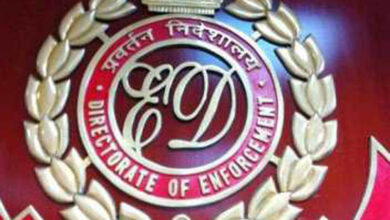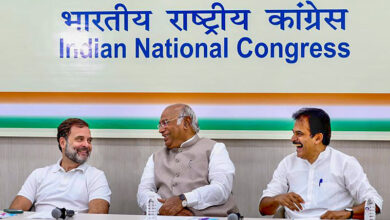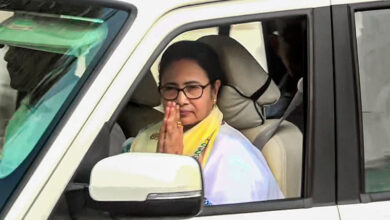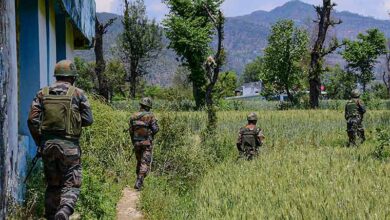
Karnataka bans processions during Muharram, Ganesha festivals in view of COVID-19
[ad_1]
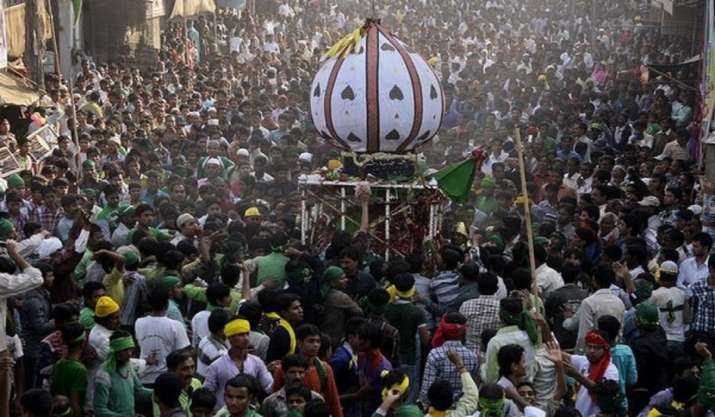
Karnataka bans processions during Muharram, Ganesha festivals in view of COVID-19
Amidst fears of the onset of a third wave of Covid in the days to come and back-to-back festivals lined up in the auspicious month of ‘Shraavana’ (August-September), the Karnataka government on Thursday issued an order banning large scale religious, cultural and entertainment congregation/processions of people till August 20, besides giving free hand to all district authorities to decide on enforcing restrictions locally on the festive days.
“All kinds of processions have been banned from August 12 to August 20. Alam/panja and tajiyath can be viewed from a distance without touching them. Wearing a mask is mandatory in prayer halls. All prayers are to be held in mosques in strict compliance with COVID norms. Except for masjid, mass prayer gathering is not allowed in community halls, open ground, shadi mahal etc on the occasion of Muharram,” read the state government order.
As per these new guidelines, the state government stated that all prayers associated with Muharram shall be held at Masjids (mosques) strictly adhering to Covid rules.
No programs should be organized in Kabristan. Persons aged below 10 years and above 60 years to offer prayers at their homes,” it read.
For Muslims, Muharram is considered to be the second holiest month after Ramzan, is the first month of the Islamic Year or the Hijri calendar.
Similar restrictions are imposed for Ganesh Chaturthi also. The state government barred set up pandals for the Ganesh Chaturthi festival.
“No pandals to be set up for Ganesh Chaturthi. It has to be celebrated in a simple manner. Procession/entertainment program should be organised while bringing and submerging time of Ganesha idol. Ganesha Gowri idols should be submerged in designated places only. Temples that are observing the Ganesh Chaturthi festival should be properly sanitized every day. Devotees should be allowed after using sanitizer and temple administration should arrange thermal checking,” added the order.
The 10-day Ganesha festival begins with the consecration ceremony (first day) and on the last day of the festival, which is popularly known as Ganesh Visarjan/Nimajjinam (immersion ceremony) takes place which is also is also popularly known as Anant Chaturdashi. On both occasions, devotees come in hordes to witness the installation of Lord Ganesha and during his immersion ceremony, devotees gather in large numbers. Lord Ganapati’s idol immersion takes place in a river, sea, or water body.
ALSO READ: Majority of citizens feel confident of India’s preparedness for 3rd COVID wave: Survey
[ad_2]
Source link

